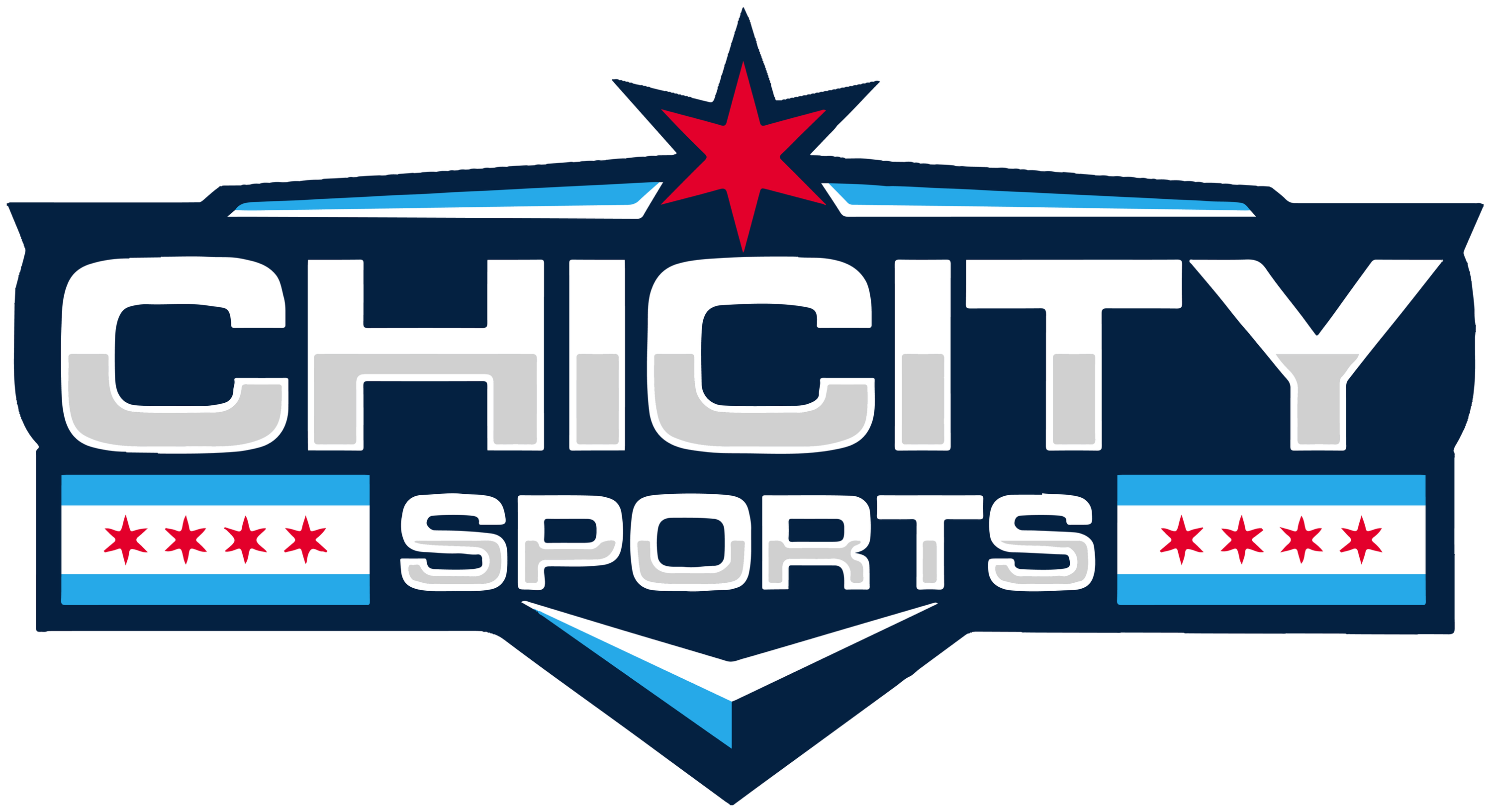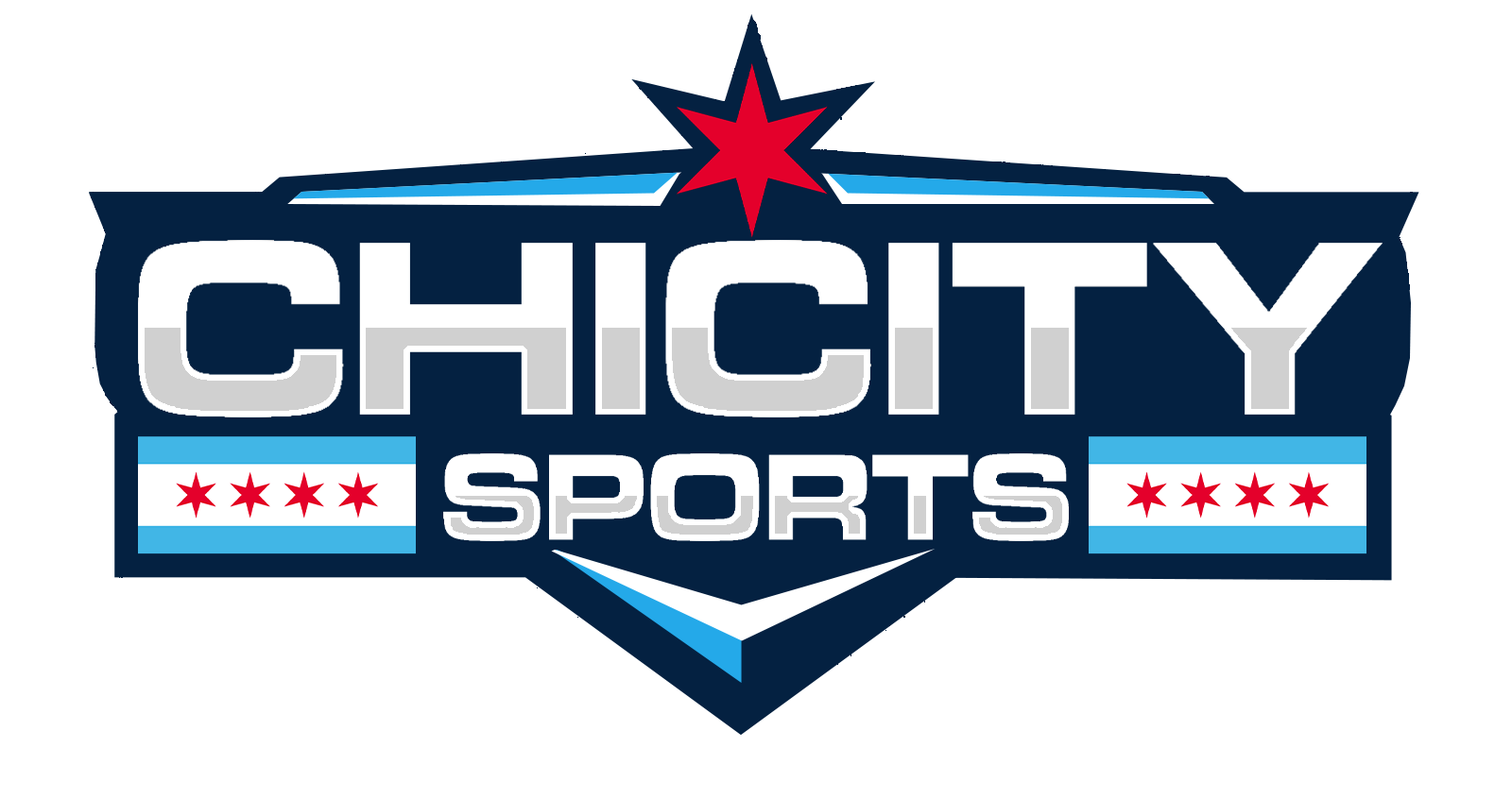Playing poker tournaments is not only about luck. Success is greatly determined by strategy. Ignorance of often subtle differences that separate tournament poker from casual play can impact your game negatively.
The article will discuss how poker tournaments differ from standard casino poker, giving you the strategies to gain a competitive edge over your opponents.
The online advantage
Participating in poker tournaments online is different from sitting down at a casino table. Sitting comfortably at home means there are no disturbances that are frequent in most gambling establishments that hinder your concentration while playing the game. Various online poker platforms allow you to study your opponents and strategize.
In online tournaments, the pace may be dissimilar to casual play. You might play multiple tables simultaneously, which can be exciting and challenging. Success in the tournament will hinge on your ability to remain focused and adapt your strategy based on the game’s dynamics.
Start cautiously

Perhaps one of the most effective approaches that any poker player needs to employ during tournaments is the tactic of slow starting. This time is best used to do the following:
- Observe Opponents: Note the players’ style of playing and other characteristics. They can engage in aggressive or passive behavior. How often do they hand cards, and how often do they not?
- Avoid Risks: It is essential always to avoid taking unnecessary risks. Figure out when to play a waiting game and when to risk large.
- Build Your Stack: Build your chips as slowly as possible. Try maximizing value betting against weak opponents, but avoid any risk-taking attitude.
Pick your moments to be aggressive
Similar to how the heat increases gradually in basketball games with sporting legends, the blinds increase gradually during poker tournaments. It is at this point that your strategy needs to shift. When you have established a strong foundation, you can now choose to be aggressive.
Aggression may be rewarded, but learning where to be aggressive and where to avoid it could be beneficial. Take advantage when your opponent is not aggressive.
Be strategic about when to push. With a well-timed raise, there will be pressure, which the other players, specifically the players on the flop, will have to pay attention to.
Target weak players
Identifying weaker players is a primary factor that guarantees tournament triumph. Look for signs of inexperience. Weak players, unlike a poker king, may play too many hands or need help understanding the position of pot odds.
You can gain a competitive advantage by capitalizing on their mistakes. If you face a player who bluffs frequently, apply the call-down technique when you have strong hands. On the other hand, if you find a player who rarely or never bluffs, do not risk your money against them unless you also have good cards.
Understand position
In any poker tournament, your position at the table is very important. Knowing where you stand can help you make the right decisions and plan correctly.
- Early Position: According to the size, growth, and returns at the beginning, you should be pretty cautious in the initial stages of the tournament.
- Late Position: This is a great place to become more active in the game. In this position, you should monitor how the other person moves about before you move.
- Steal Blinds: If players in front of you have folded, this is your chance to try and bluff the blinds to give up their position with several more marginal hands, given that they tend to be passive.
Adjust to the table dynamics

Every single tournament is unique. The relations between yourself and those you sit with at the table fluctuate quickly. If you are to become more effective at influencing others and gaining competitive advantage, then be prepared to adapt your approach.
It is also important to pay particular attention to chip stacks. For instance, if a player is short-stacked, they may feel the urge to make a move, which leads to more all-ins. Adjust your strategy accordingly.
The importance of bankroll management
Success in poker tournaments requires proper bankroll management. As advised in the American Responsible Gaming statutes guide, it is essential to set limits for oneself and then try to adhere to them. Many people get swept up by the games and waste more money than planned. It is, therefore, necessary to create a budget so that you can play responsibly.
To select which tournaments to join, go with those that match the amount of money that fits your budget. Do not be tempted to settle for expensive buy-in tournaments if your bankroll cannot afford it. Always remember that the idea is not to hit high scores now and then but to play better every time.
Conclusion
Poker tournament play demands good strategy skills, analytical ability, and flexibility. Players should begin the competition slowly, look for opportunities to increase their aggressiveness and go for smaller opponents. Moreover, learn to identify your position and adapt to the table dynamics.
Lastly, do not forget about bankroll management when starting your tournament quest. Have fun and make the right moves to produce an interesting game. With these strategies, you will be well on your way to becoming a force to reckon with when it comes to poker tournaments online.
For More Great Chicago Sports Content
Get the latest Chicago sports news, analysis, and breaking stories on the Bears, Bulls, Blackhawks, Cubs, White Sox, Sky, and more! Tap the star to add us to your favorites on Google News, so you never miss a story on your favorite Chicago teams.
Follow us on Twitter at @chicitysports23 for more great content. We appreciate you taking time to read our articles. To interact more with our community and keep up to date on the latest in Chicago sports news, JOIN OUR FREE FACEBOOK GROUP by CLICKING HERE




